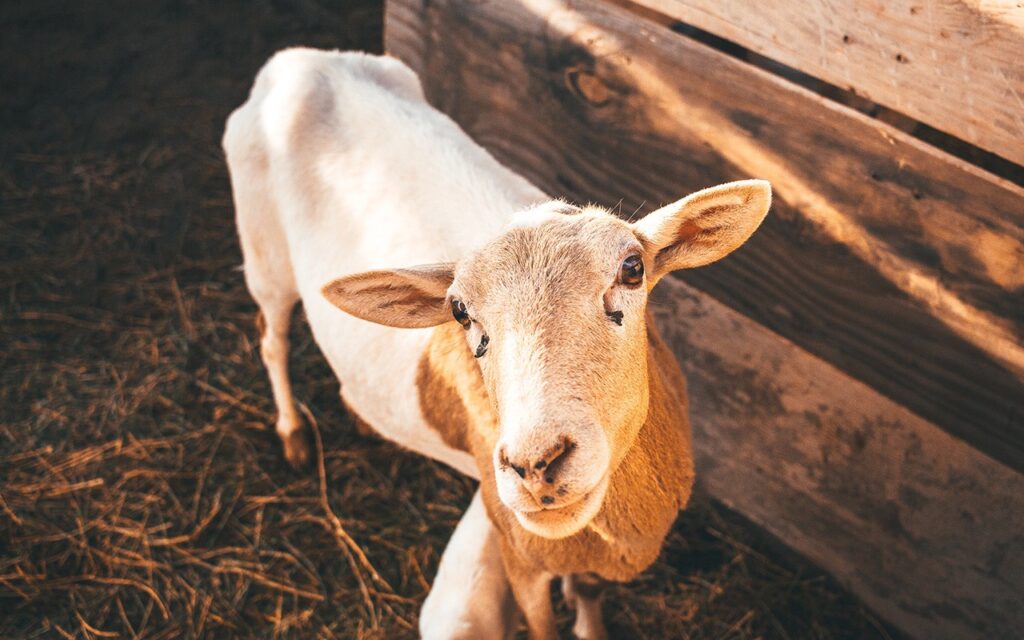Adopting veganism as a lifestyle might seem daunting. But here are 5 ways to make this journey go more smoothly.
In the countless Facebook groups, Instagram accounts and real-life conversations I’ve been in, relating to veganism, there is always someone interested in learning a bit more about it. And many of these people are genuinely curious about the reasons to become vegan. Sometimes, they already have read plenty of resources about it, but they are struggling with how to implement the changes in a sustainable way in their lives.
Just as there are people in every shape and form in the world, so are there all types of vegans.

What I mean that people become vegan for many reasons, and each person who happens to be vegan has its own views on what is “right” or “wrong”. This is nothing unique about veganism. But it might be confusing and even frustrating trying to understand the conflicting messages you find online, when it comes to it.
I’ll try to add to the conversation. Hopefully, it will be in a non-confusing and straightforward way.
Luckily, there is no right way to transition into veganism. But there are ways to make it easier.
If you are interested in consuming less animal-based products and are a bit lost about where to start, I have some tips for you. Those are things that worked for me, tips that I share with my friends and relatives who show some interest in veganism.
1. Have a clear WHY

This is by far the most important thing! It might be very hard to transition into veganism if you don’t have a clear and strong reason to do it. The motivations can vary and they tend to pile up, as you read more about how animals are treated in the industry, the ethical implications, the impact their creation has on global warming, the resources consumed by livestock, the health benefits of going plant-based…
Accumulate a short list of the most important reasons for you and keep them in mind. You’ll need it at times, and it really does help.
This is a great compilation of resources by Wendy, from The Nomadic Vegan. It includes documentaries, podcasts and more, is worth a look!
2. Don’t eliminate, replace
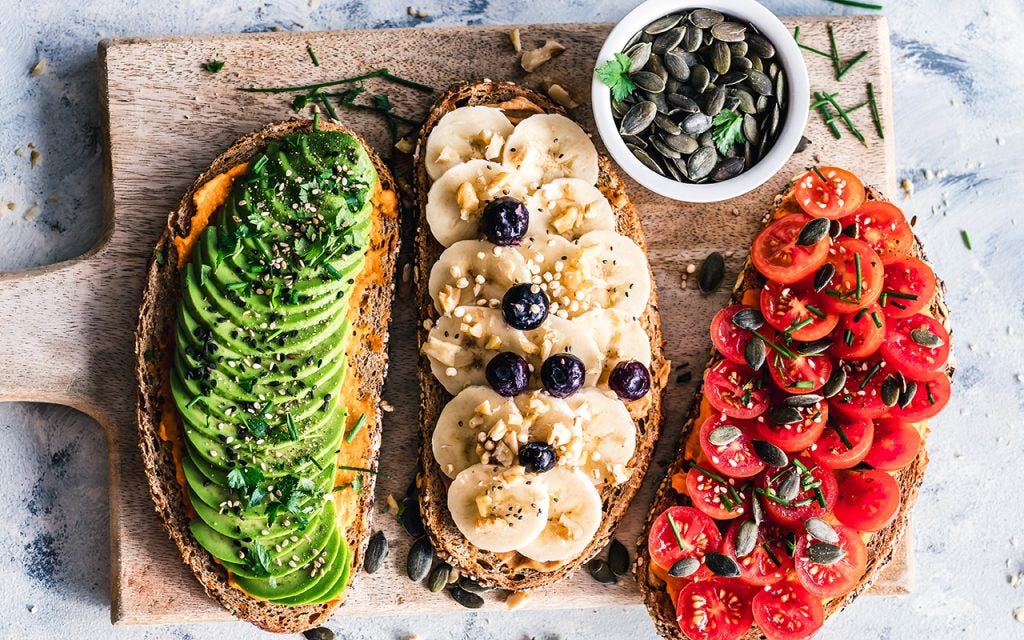
A very, very common mistake when transitioning into veganism is simply eliminating products from your diet or from your wardrobe. But, especially when talking about food and nutrition, this can lead to bad results.
First of all, you’ll feel like you’re depriving yourself. You’ll look at all of those things you can’t eat anymore and this can make the whole process a 10000x harder.
Secondly, you’ll most likely be missing on a lot of micro and macronutrients. Let’s say your diet before was a lettuce and tomato salad, meat and potatoes. What happens if you cut out in the meat and put nothing there? Or if you replace your toast, bacon and eggs breakfast for only toast?
You have to replace the things you cut out somehow. It can be with nutritionally-dense veggies and other plant-based products. Or it can be with some of the hundreds of products available to mimic the taste and texture of animal-based products. It’s up to you!
This handy pyramid is very helpful in giving you some ideas:
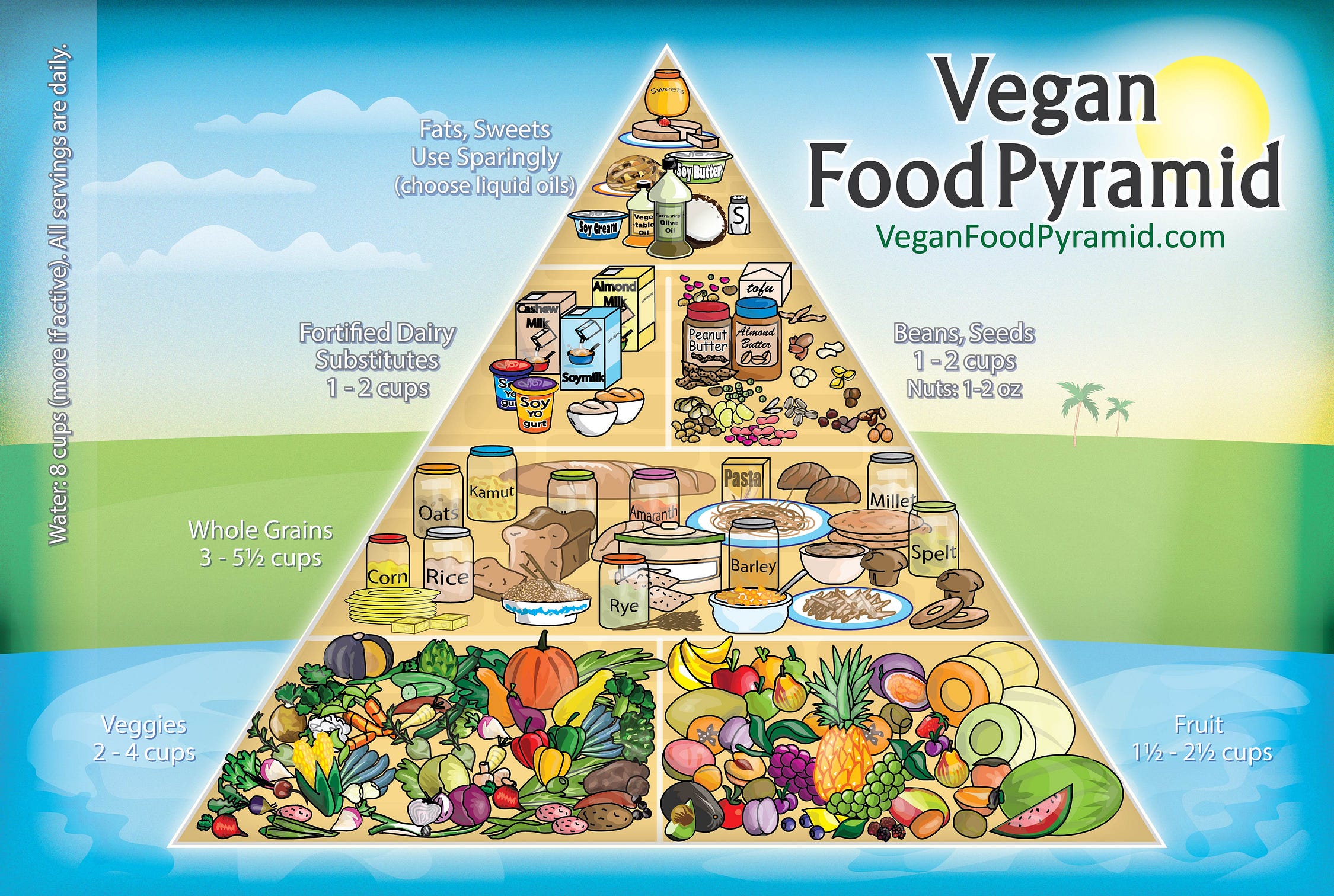
I promise you this part can be so much fun if you’re open to exploring new flavor! If you like cooking, there are so many different uses of ingredients, for example. We don’t often think about before transitioning to veganism, but the necessity really works wonders 😊
Take this delicioussss chickpea flour pancake by Deryn of Running on Real Food. I would never, ever have thought about trying an eggless pancake recipe if I wasn’t vegan.
3. Give yourself a deadline
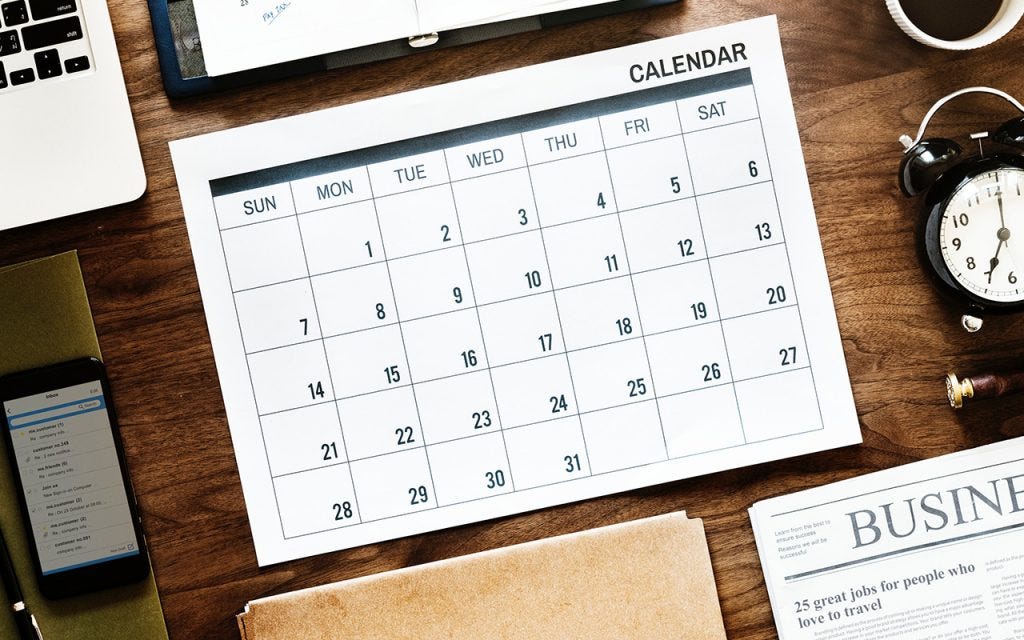
This one is a bit more subjective. For some people, setting a deadline might be anxiety-inducing and really compromise the whole thing.
However, if you’re one of those people who, like me, keeps postponing scary things… then this is the way to go.
In my case, I didn’t transition into veganism immediately. I was a lacto-ovo-vegetarian for months. And I was always saying that “next month I will be vegan”, next month, next month. But then there would be a birthday party, or a holiday or something that would justify sticking to milk and eggs.
This only changed when I decided to set a deadline, only a few days away. This was essential: it allowed me to prepare psychologically, grocery shop, get rid (by eating or giving to someone else) of everything animal-based I still had in the kitchen…
This way, I had no more excuses to give to myself when the day came.
4. Be prepared
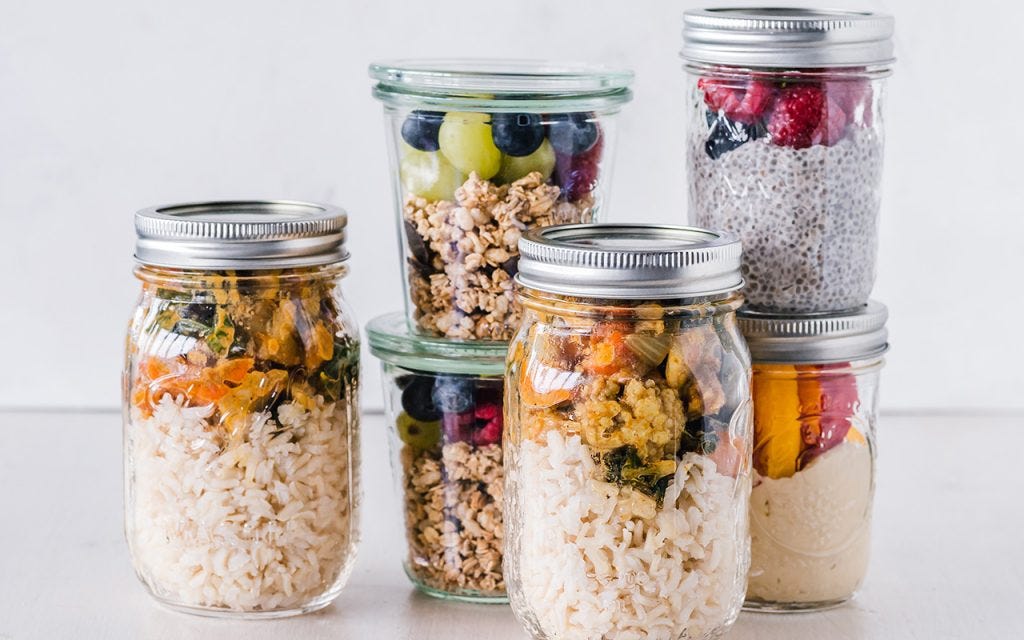
Depending on where you live, this might not be such an important tip. If you live in cities such as London, NYC, Germany, São Paulo, Sydney, Tel Aviv… vegan-friendly cities with loads and loads of plant-based options everywhere, then you’re covered.
But if you live somewhere where it’s harder to find vegan options, then you need to be prepared. Chose some snacks that are practical and that you really like, and keep them in your bag and your pantry. There will be times when you’ll be out and it might seem like there is no vegan option anywhere. Although this is actually not true, as there is almost always a way to veganize menu items or to find accidentally vegan gems in the supermarket, it is hard in the beginning. So be prepared and don’t go hungry!
5. Find yourself a support net

This. Is. Crucial.
Things can go so much easier if you have people to help you by your side. It can be just one person who you can call when you need to stay on track or an online community that inspires you and motivates this journey.
There will be days where people’s comments really get to you, a day where you can’t find anything to eat, a moment of extreme temptation or those minutes of total despair-what-is-happening-to-the-world when you watch a heartbreaking video on animal cruelty. If you have someone to hold on to, even if it’s a social media account or your mom… It will help you to cope with the challenges.
There it goes, my top 5 tips to help and ease your transition into veganism.
If I left anything important out, let me know. If you have any questions as well, talk to me in the comments section or through the contact form.
I’d also love to hear what are your top tips! What helped you the most when you were transitioning?

